This week’s Farmer Focus is on senior Angelina Calderon, who helped lead the orchestra’s fall concert as the concert master. Calderon is also president of the honors orchestra.
SNAPSHOTS
Favorite show to binge watch: “Attack on Titan”
Most used emoji: Smile emoji with hands
Dream superpower: Telekinesis
Dream college: Rice University
Underrated artist: Shane Malone
ZOOMING IN
Q: What do you enjoy about honors orchestra?
A: “What I really enjoy about honors orchestra is the way our director, Mr. Zauner, pushes us to tackle challenging, even college-level pieces of music. At first it can feel intimidating, but once we put in the work and start to hear everything come together, it’s incredibly rewarding and makes me realize how much I’ve grown as a musician. I also love the atmosphere of the group despite the high expectations. We still know how to have fun and share laughs during rehearsal. That balance of discipline and joy makes me look forward to class every day because I know I’ll be challenged musically while also getting to connect with people who love orchestra as much as I do.”
Q: How does being president work for you and managing ensemble?
A: “Being president of the orchestra means doing whatever I can to make my director’s job easier. This includes planning social events like our potluck or end-of-year banquet, organizing fundraisers and creating social media posts. I also work with a team of officers and I delegate tasks to them so everything is planned and carried out smoothly. When managing the ensemble, I make sure everyone stays on task, limit chatter when my director is working with a section, set up chairs and stands every Monday and ensure announcements are communicated efficiently to everyone.”
Q: Regarding personal growth, how has this position helped you change positively?
A: “This position has really helped me grow as a person by pushing me out of my shell and encouraging me to interact with more people on a daily basis. Through planning events, speaking in front of the orchestra and working with my officer team, I’ve gained much more confidence in public speaking [and learning] how to communicate effectively with different groups of people. It has also strengthened my leadership abilities by teaching me how to delegate, stay organized and support others, which has positively shaped both my confidence and my ability to lead.”
Q: What difficulties have you faced while being president that you’ve overcome?
A: “One difficulty I faced as president was feeling like I had to do everything on my own at the beginning of the year since the officers weren’t helping as much as they should. Instead of letting it build up, I decided to speak with them directly in a respectful way, explaining how I was feeling and how important it was for us to work as a team. Once we had that conversation, the officers really stepped up and now they go above and beyond in carrying out their responsibilities. This experience taught me how valuable open communication and collaboration are in leadership.”
Q: How did it feel to be the concert master for your fall concert?
A: “Becoming concert master for the fall concert felt incredibly rewarding because I knew how much effort I had put in to get there. In my six years of playing violin, it was the very first time I had earned that position and achieving it in the top orchestra made me especially proud. It wasn’t just about sitting in the first chair—it also showed me that all the hours of practice and dedication were paying off, and that I was truly growing as a musician. The experience also gave me a new sense of responsibility since I wasn’t only playing for myself anymore; I was also setting an example for the rest of the orchestra. It pushed me to play with more confidence, lead with professionalism and support my peers, which ultimately helped me grow both musically and personally.”
Q: What motivates you to keep pursuing orchestra?
A: “Honestly, what keeps me motivated is the passion I’ve developed for playing the violin. Even though it is such a challenging instrument to truly master, the rewards are found in the little moments. When everything comes together with intonation, dynamic and blend, we bring a difficult piece to life in such a beautiful way. It is thrilling and even gives me chills. I find motivation in the younger orchestras. Hearing them aspire to play at the level of honors orchestra gives me a sense of pride and responsibility, and it reminds me why I never want to give this up.”
Q: How do you plan to foster a positive and inclusive environment within orchestra as president?
A: “My plan is to foster a positive and inclusive environment by actively engaging with all of the orchestras, not just the top groups. I make an effort to talk to new people at social events, during lunch, or even at the end of fourth period when I’m around the orchestra room. I especially want the younger students to feel included so they know orchestra isn’t just about the older or higher-level groups having fun—it’s about everyone being part of a supportive and welcoming community. By making those connections, I hope to show our program is a place where everyone belongs.”
Q: What advice would you give to lower level orchestra students?
A: “My advice would be to get involved and stay involved. Go to every event you can and take the opportunity to make new friends. I used to be nervous about going to socials because I only knew a few people in the orchestra, but I went anyway and it turned out to be one of the best decisions I made. I’ve created unforgettable memories, met amazing people and discovered orchestra is so much more than just a place to play music—it’s a community that feels like family.”

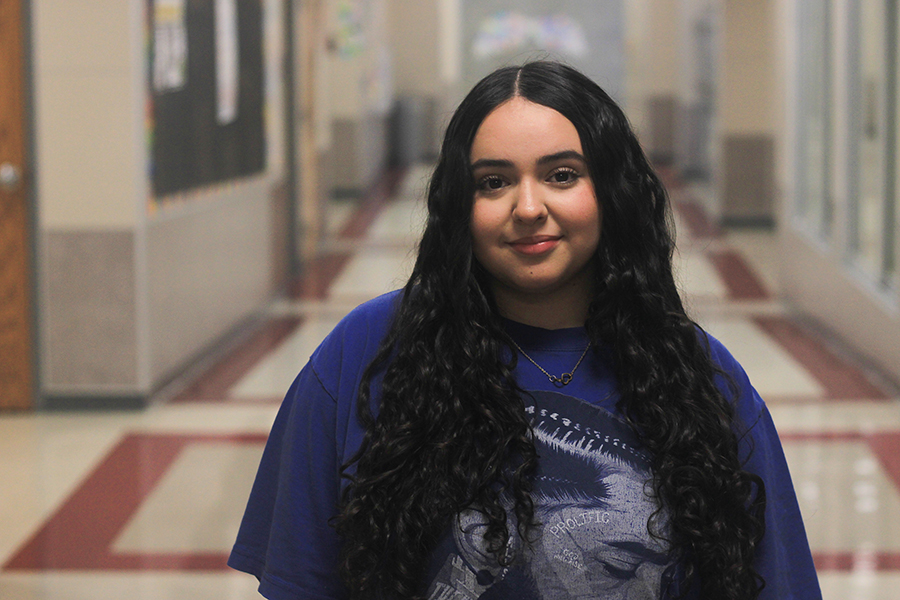
!["I hope to become fond [of] and understand the new dynamic of a life where I don't really have boundaries set by another person, but rather more of a liberal freedom."](https://farhar.net/wp-content/uploads/2025/05/topten9.jpg)
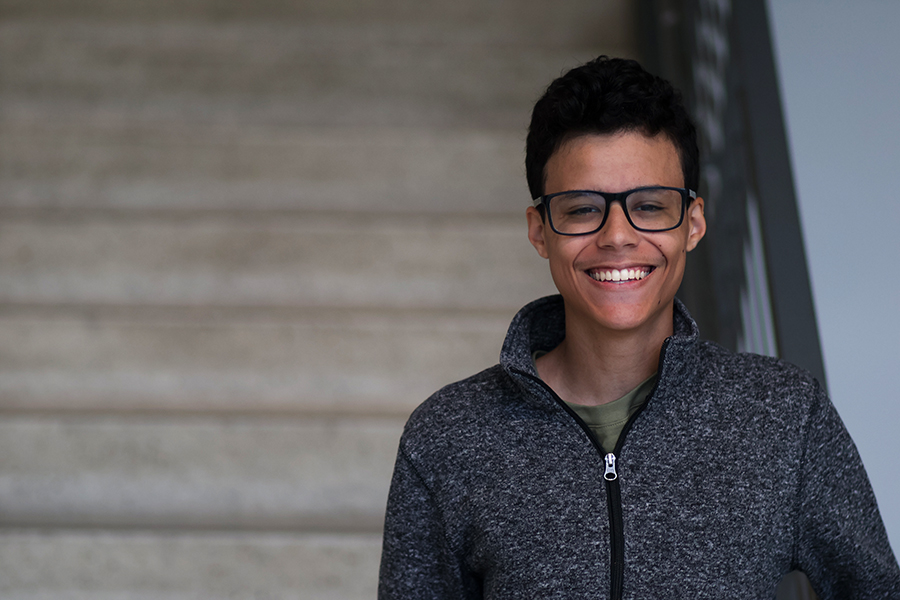
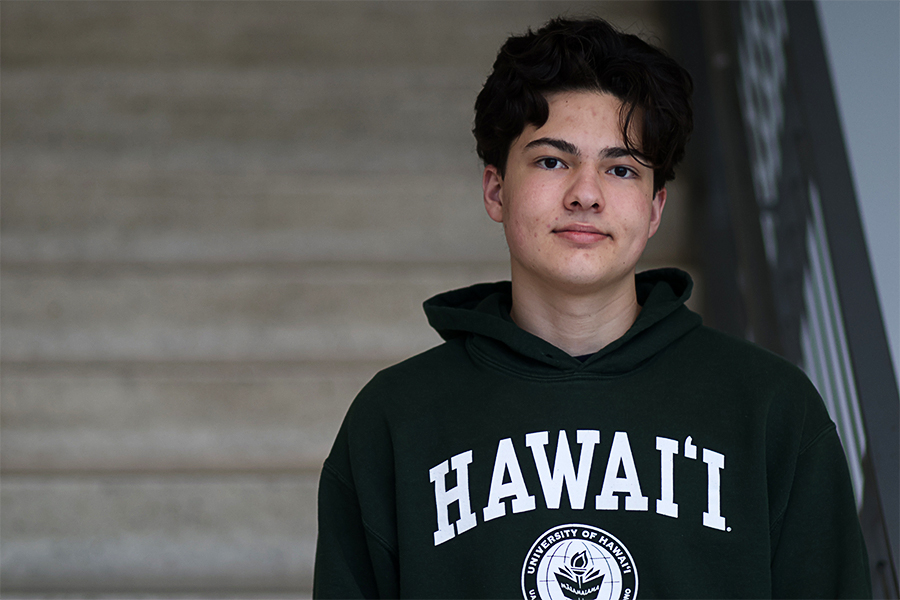
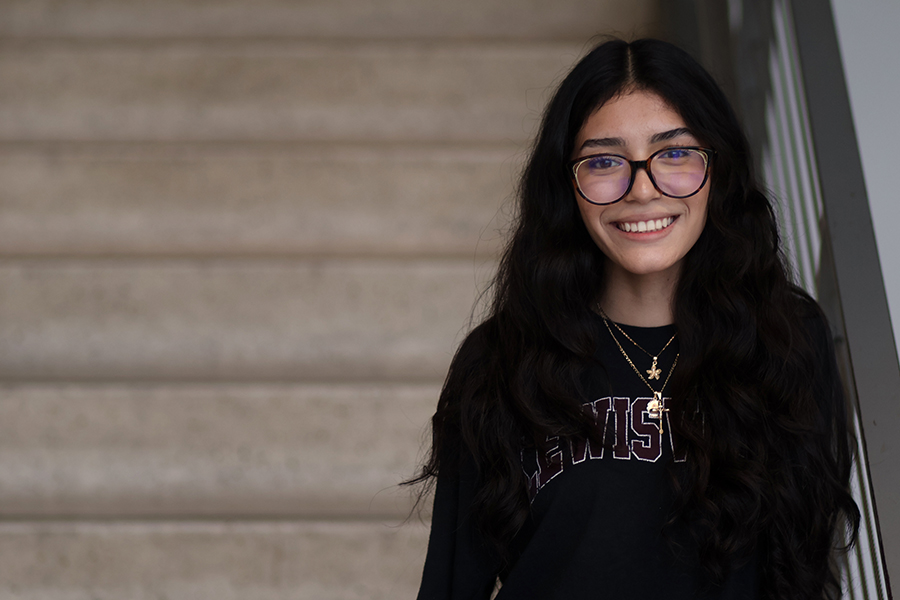

!["Learning is a really important aspect of high school – that's why we're here. I think the whole top ten thing can also encourage somebody [to] focus on grades and not the actual learning."](https://farhar.net/wp-content/uploads/2025/05/topten6.jpg)

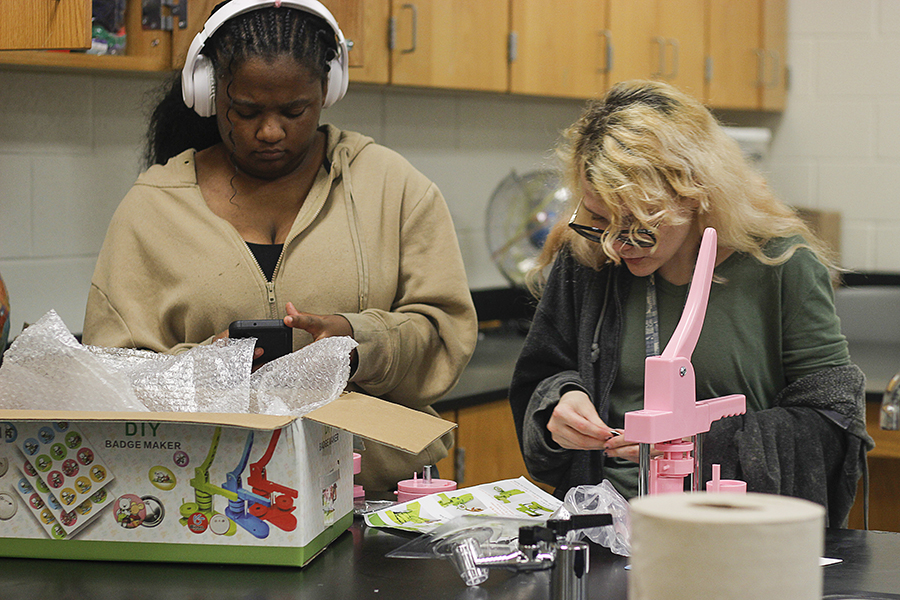
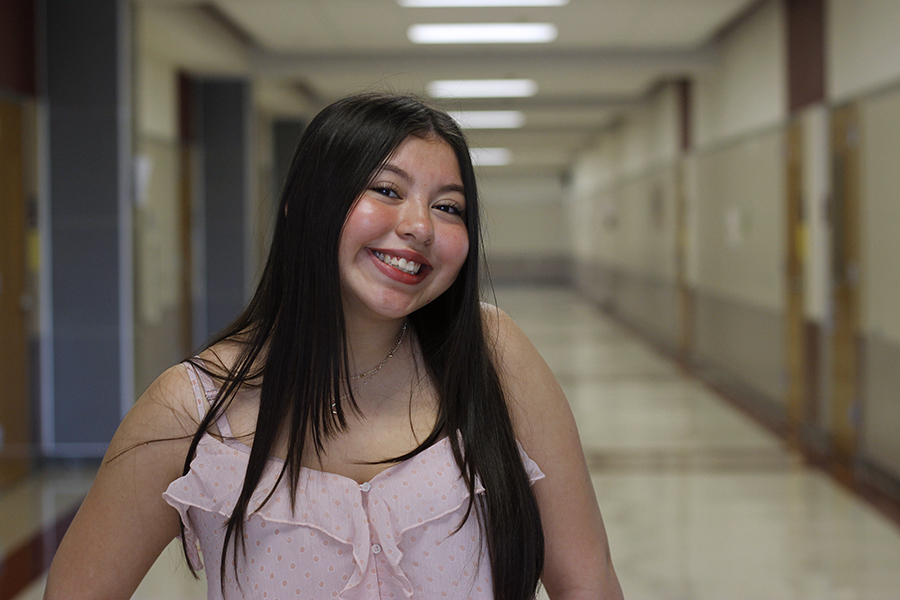


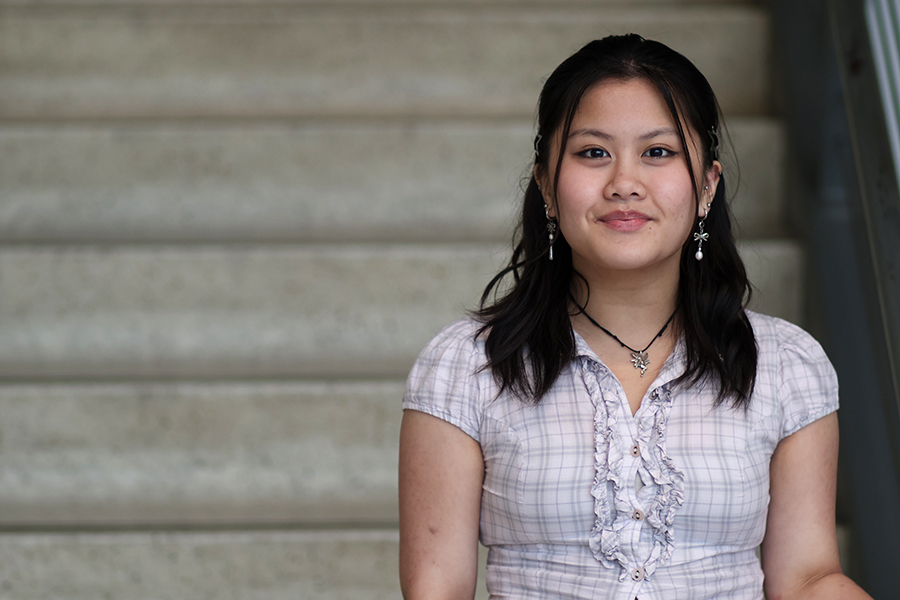
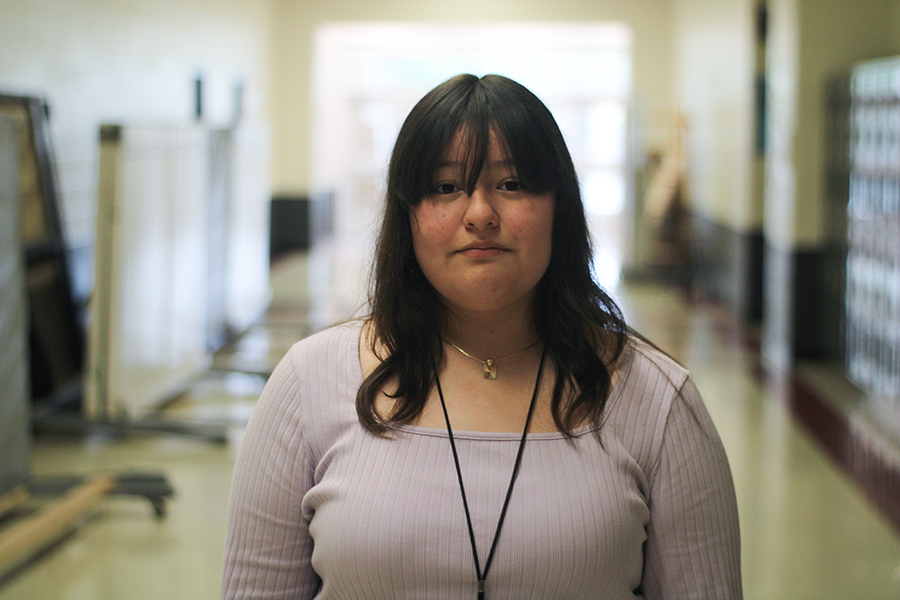
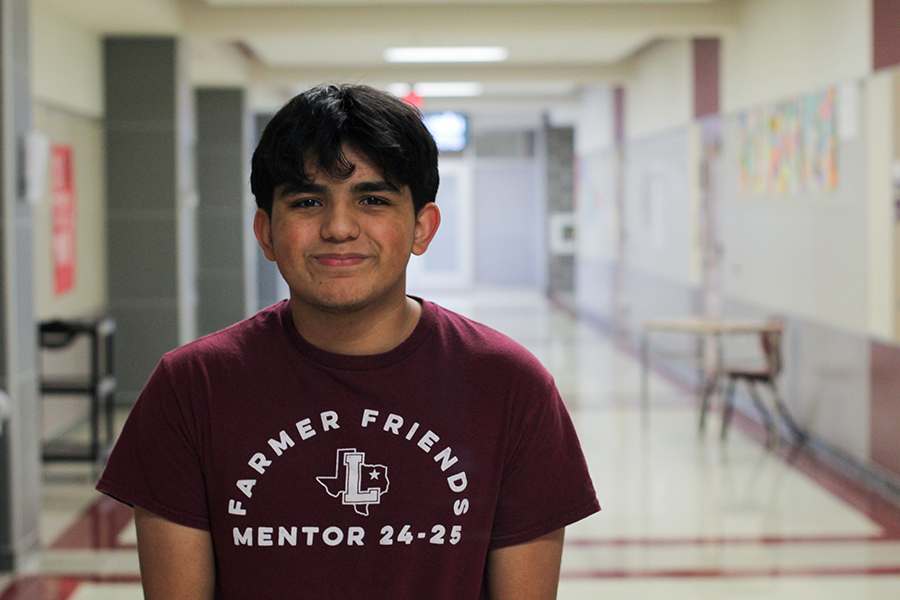
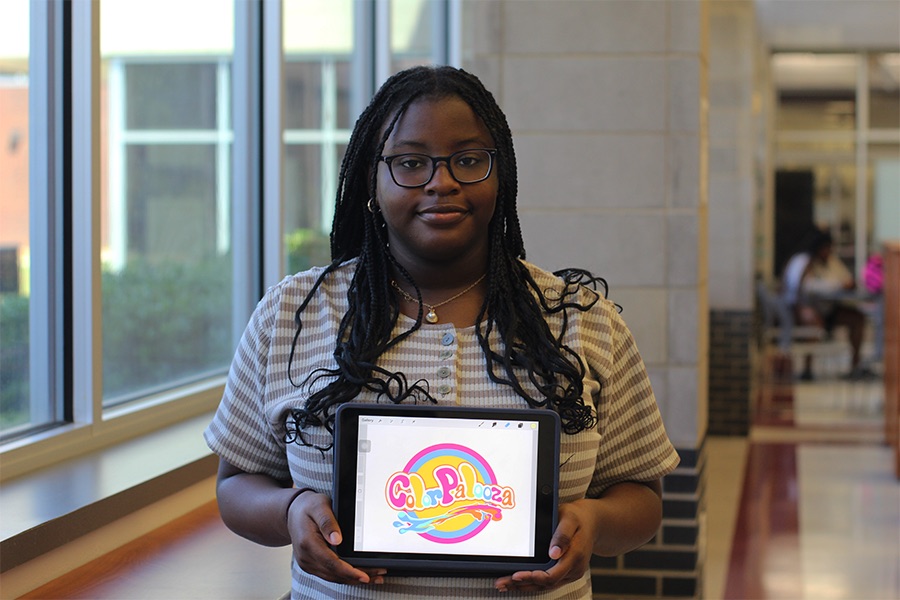
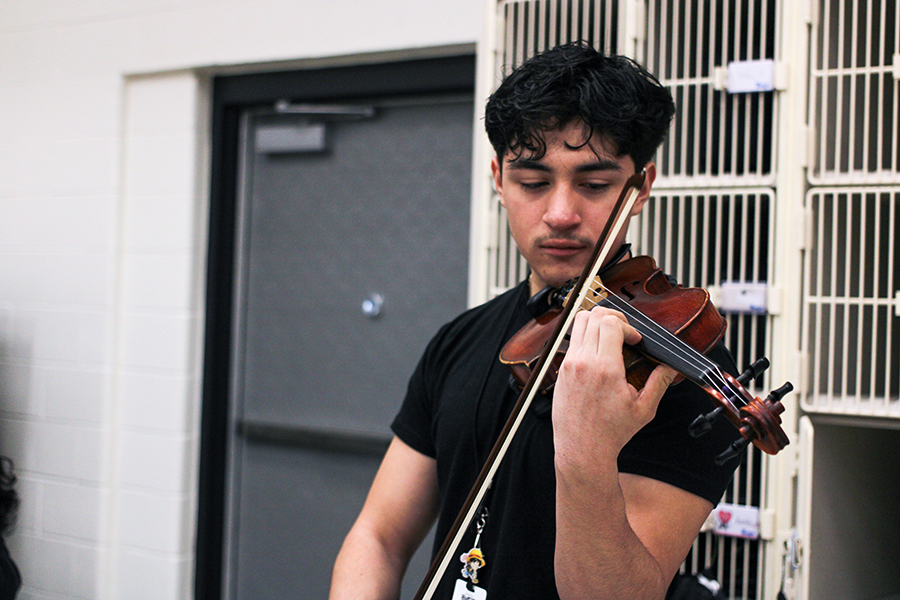

!["My family [pushes me to pursue my business]. They are the ones who always push me and encourage me to do more."](https://farhar.net/wp-content/uploads/2025/02/IMG_9681.jpg_edit.jpg)